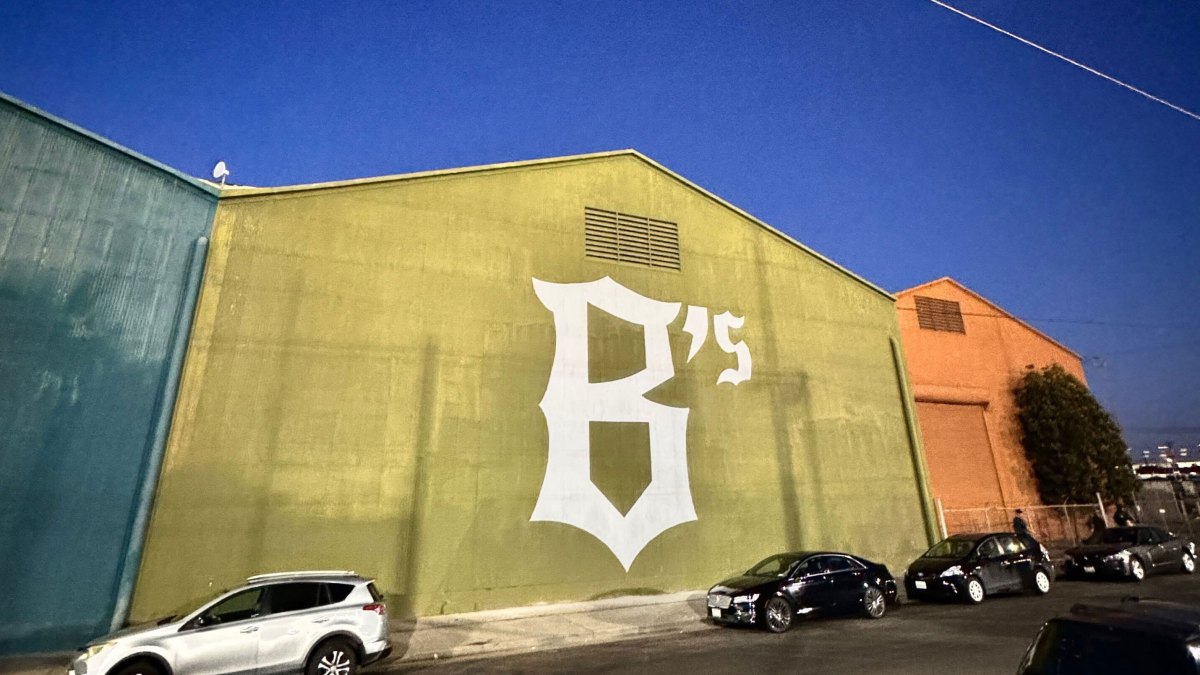Oakland Ballers Experiment with AI-Driven Game Management

Key Points
- Oakland Ballers partnered with Distillery to let AI manage a full baseball game.
- AI was trained on over a century of baseball data and the team’s own analytics.
- The system made lineup, pitching and pinch‑hitting decisions mirroring human manager Aaron Miles.
- Human intervention occurred only to replace a sick catcher.
- Fans reacted negatively, viewing the move as prioritizing tech over traditional baseball culture.
- Team founder Paul Freedman said the trial was meant to spark discussion about AI’s role in sports.
- The experiment highlights minor‑league teams as testing grounds for new sports technologies.
The independent Oakland Ballers partnered with AI firm Distillery to let an artificial‑intelligence system manage a baseball game in real time. Trained on a century of baseball data and the team’s own analytics, the AI made lineup, pitching and pinch‑hitting decisions that mirrored those of human manager Aaron Miles, intervening only to replace a sick catcher. While the experiment ran smoothly on the field, many local fans reacted negatively, viewing the move as a corporate‑first approach that ignored traditional baseball culture. The team says the trial sparked valuable conversation about the role of AI in sports.
AI Takes the Helm for an Oakland Ballers Game
The Oakland Ballers, an independent baseball club founded after the departure of the major‑league Oakland A's, teamed up with the AI company Distillery to run a full game under artificial‑intelligence control. Distillery trained OpenAI’s ChatGPT on more than a hundred years of baseball statistics, analytics and the Ballers’ own game data, aiming to replicate the decision‑making style of the team’s human manager, Aaron Miles.
During the AI‑managed game, the system selected the lineup, made pitching changes, called for pinch hitters and handled other in‑game tactics. The choices matched those Miles would have made, and the only human override occurred when Miles substituted the starting catcher with his backup after the starter fell ill. Miles described the experience as a handshake with the tablet running the AI before the game, highlighting the collaborative nature of the experiment.
Fan Reaction and Cultural Tension
Although the on‑field execution proceeded without incident, the experiment sparked a strong backlash among Oakland fans. Many commenters expressed concern that the Ballers were catering to “Bay Area techies” rather than traditional baseball supporters, likening the move to the corporate decisions that led to multiple professional sports franchises leaving the city. The criticism centered on the perception that companies like OpenAI prioritize winning the AI race over product safety and community values.
Team founder Paul Freedman acknowledged the mixed response, noting that the purpose of the trial was to spark dialogue about the benefits and drawbacks of AI in sports. He emphasized that the AI served as a tool to augment, not replace, human ingenuity, and he does not plan to repeat the experiment in its current form.
Implications for Future Sports Technology
The Oakland Ballers’ AI trial illustrates how minor‑league teams can serve as testing grounds for emerging technologies before they reach major‑league adoption. The experiment demonstrated that baseball’s data‑driven nature allows real‑time AI decision making, while also revealing the importance of fan sentiment in assessing the acceptability of such innovations. The conversation sparked by the Ballers’ experience may influence how other sports organizations approach AI integration moving forward.